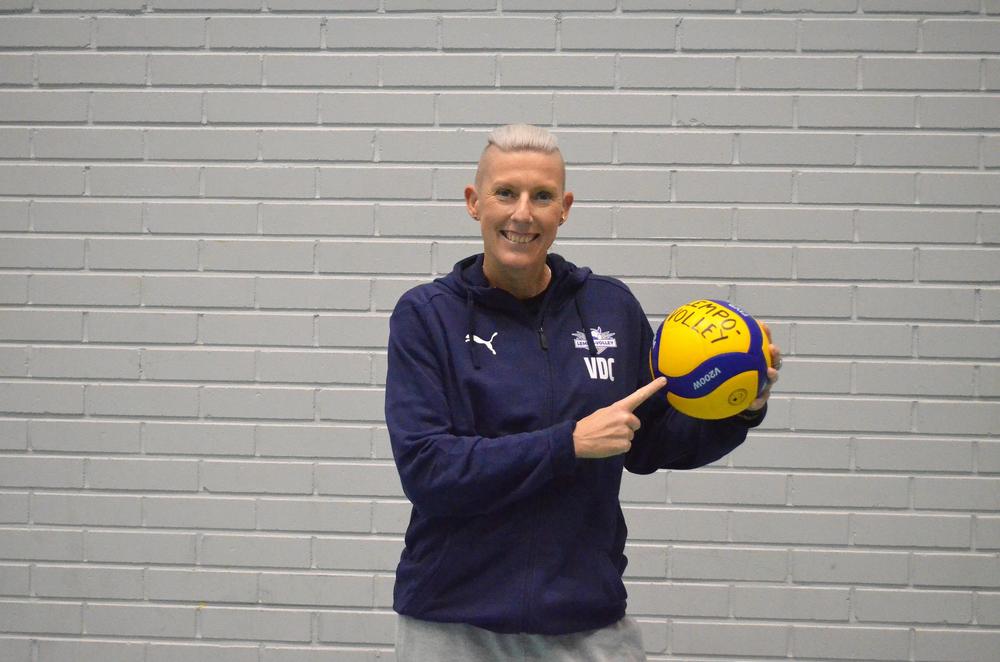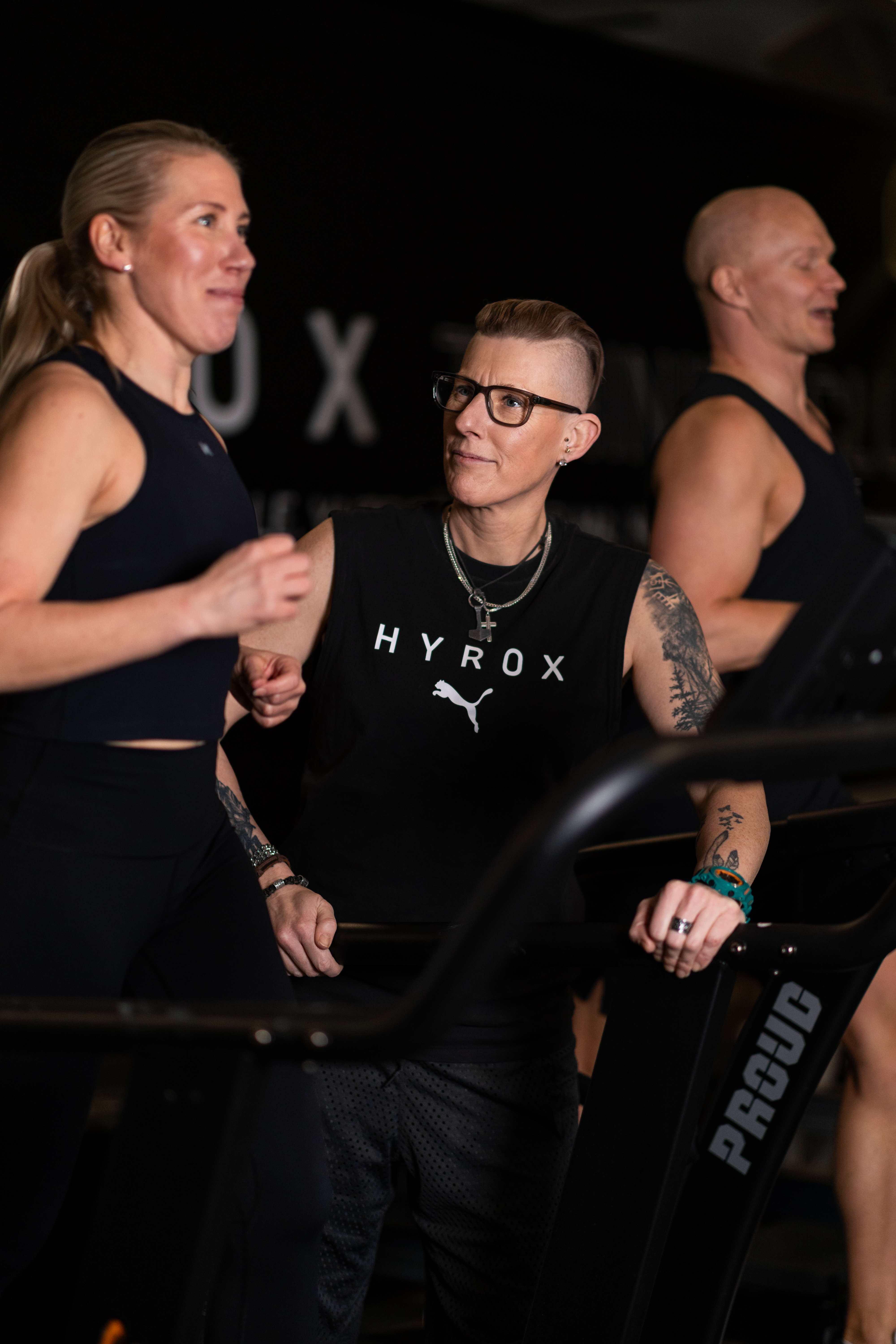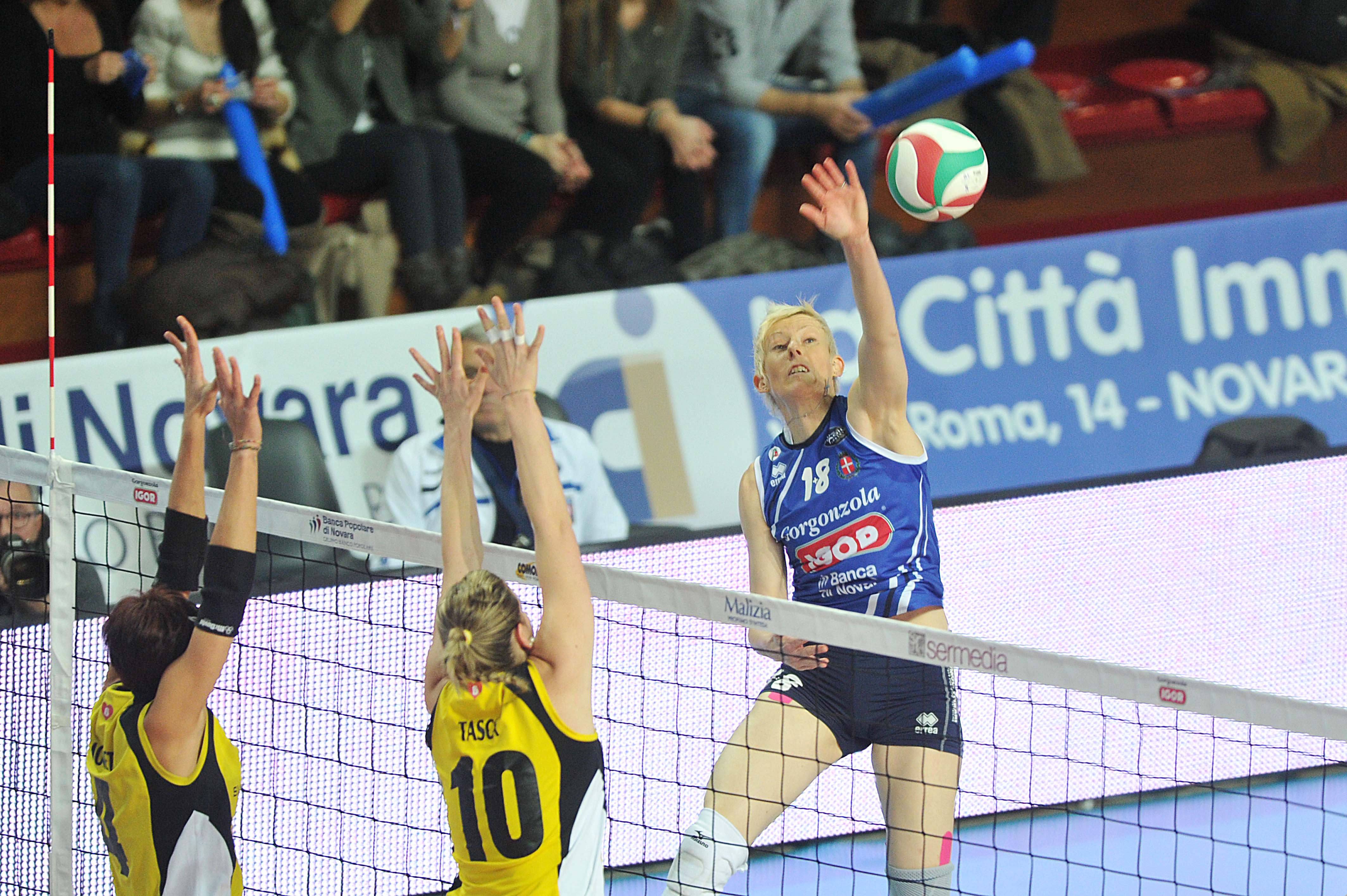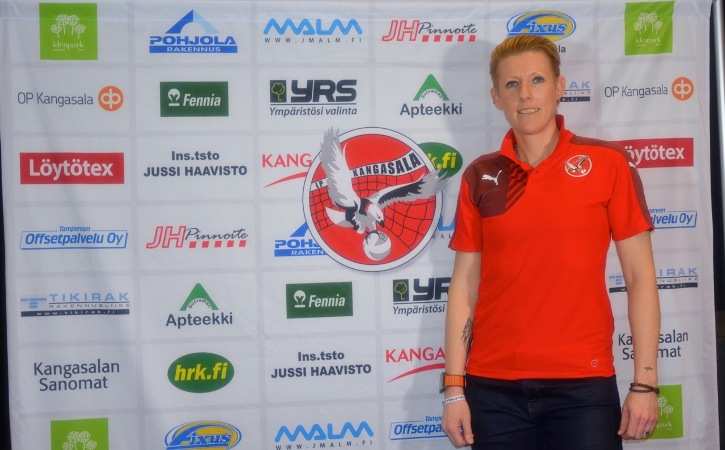Virginie De Carne – My Journey, My Values, and My Message to European Volleyball
News
Virginie De Carne has been a household name in European Volleyball for many years – a player able to define an era and to break new ground for the women’s game back home in Belgium, paving the way for subsequent generations of ‘Yellow Tigers’. Even though she is now turning her focus to HYROX, Virginie remains a role model for players and coaches alike.

“Leaving the court as an elite player and stepping into coaching was humbling and thrilling at the same time,” she says. “As an athlete, I could control outcomes through my own effort. As a coach, success depends on empowering others. The hardest shift was learning patience – creating an environment where players grow through their own discovery. My advice to all embarking on such a journey would be: listen deeply, invest in building relationships, and let your love for the game guide you. Your role is now to light the path, not walk it for them,” she adds.
Playing for many years at the highest level and moving into coaching helped Virginie have a better understanding of what her former coaches did experience. “When I started coaching myself, that inevitably exposed the invisible weight they carried: balancing performance, personalities, politics, and wellbeing. Today, I thank them. Their lessons still echo in every training I lead.”
Virginie started coaching at a time when very few females would do so, especially at a high level. “My inspiration was and remains Jenny Lang Ping – as a female coach and one of the best to ever guide a team. She truly showed me what was possible. After my playing career, her example convinced me that women can lead at the very highest level with excellence, dignity, and strength.”

There is still a long way for female coaches to become some sort of ‘normalcy’. “Visibility and opportunity are key. Federations and clubs should create mentorships, leadership programmes, and flexible paths so women can combine coaching with their family life. Volleyball has always been family to me – just like many of our sponsors are family businesses – so building a supportive “family” network for women in coaching feels just natural as much as it is necessary.”
However, the ultimate question is if female coaches should gain further recognition and opportunities via quotas. Virginie is very clear about it: “Merit must ultimately decide, but temporary quotas or targeted initiatives can break old barriers and show what talented women can do once invited in. Nevertheless, in the long term, skill and results should speak for themselves,” she adds.
There is no way to neglect that female coaches can bring something truly unique to the table, as much in Volleyball as they do in other environments: “Women often bring emotional intelligence, outstanding communication skills, and holistic athlete care. These strengths do not replace tactical or technical excellence, but they rather enhance it. My experience in HYROX and wellness training confirms that well-being and performance are inseparable,” she emphasises. “When it comes to our approach to coaching, I think it depends less on gender and more on personal life values. I have seen men coach with great empathy and women coach with sharp authority. In general, women may lean toward collaboration while men sometimes lean toward authority, but what truly matters is the character, values, and integrity that a coach brings. In the end, diverse voices and philosophies can only make Volleyball stronger.”

What Virginie truly believes is that Volleyball is special in many ways: “Volleyball teaches trust, forges the ability to make quick decisions, and instils pure teamwork. In today’s society – where many young people face pressure, comparison, and self-doubt – sport is one of the best places to build true confidence. Volleyball’s community, fairness, and shared effort show kids they belong, that mistakes are part of learning, and that their contribution matters. They should celebrate small victories, whereas coaches should make training joyful and challenging, and let kids feel part of a family. That feeling kept me in the game for decades and still fuels my coaching today. Moreover, Volleyball taught me resilience, humility, and gratitude. Medals fade but relationships, character, and the joy of shared effort endure. Treat people well, and the sport will give you back far more than you ever dreamed.”
Looking back, Virginie admits there is something she would do differently though: “I would be kinder to my younger self – feeling less pressure for perfection, and more willingness to ask for help. Growth accelerates when you embrace your own vulnerability.”

Finally, De Carne has a wonderful message to address to all (aspiring) female coaches: “Your perspective is vital – so step forward with courage. Support one another, trust your knowledge, and lead authentically. Volleyball is a family, and families need every voice. My life – from elite competition to founding two Volleyball companies in Finland, to closing them when the challenges of being a foreign female coach in another country became too great, to now leading at our family-run wellness centre and HYROX coaching – proves that sport is both a career and a community. Building and rebuilding is never easy, but it is worth it. There is space for you at the top. Just take it!”